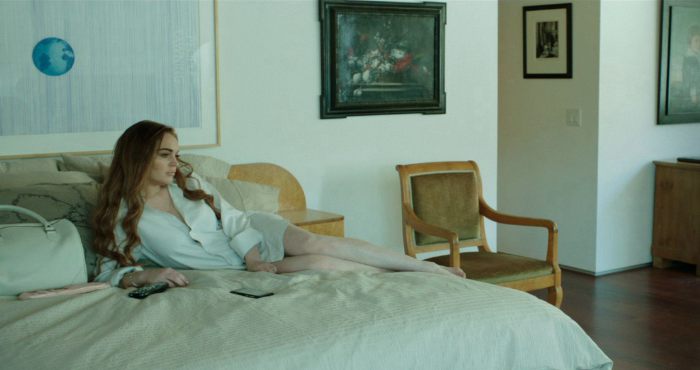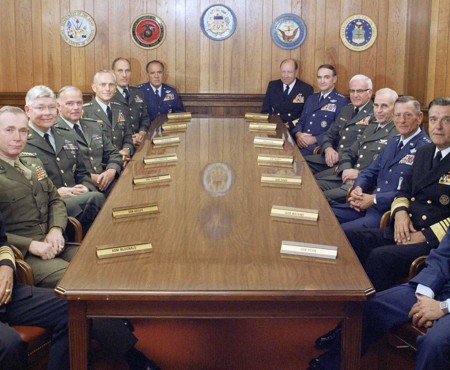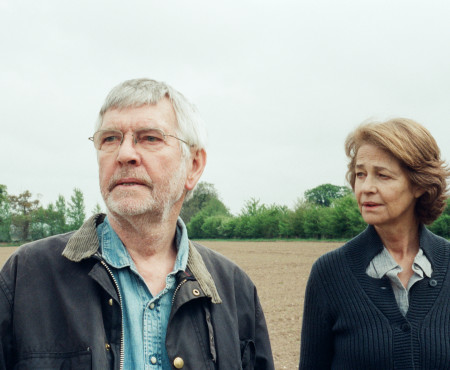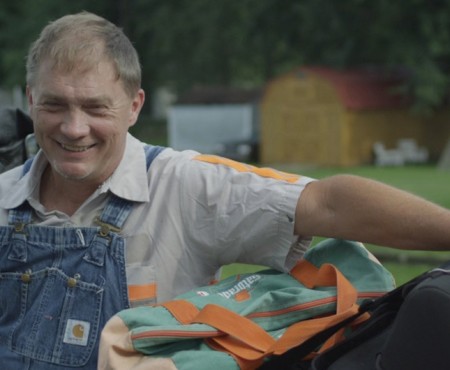Cinema is not quite dead, but according to Paul Schrader’s newest film, movie theaters certainly are. The battered and boarded-up theaters that highlight The Canyons‘ opening frames signify that the medium has moved on, in both form and function. As the trailer for The Canyons boasts, it can be enjoyed from the comfort of your own home — along with TV, porn, streaming sites, and any other form of the medium that sits at your fingertips. As technology has progressed we have shed the analog nature of theaters, instead embracing the immediate gratification of streaming and VOD, and ultimately devolving into a culture devoid of substance.
More important then the ability to instantly consume media is the ability to produce it; the rise of the smartphone has turned everyone into a potential director. Anyone with an iPhone has the capacity to make a porno or a feature film at any given moment, and the already murky waters of celebrity have become even more muddled with the emergence of viral videos. An image is only worth the amount of retweets it receives, and the recipient of those retweets holds the power.
The world of The Canyons is essentially consumed by two people: Tara (Lindsey Lohan, utilizing every inch of her weathered beauty to her advantage) and her trust fund psychopath boyfriend Christian (porn star James Deen). They pass the time by engaging in kinky sex with numerous anonymous partners, but these Adult Friend Finder-assisted trysts are less about filling their emotional void — certainly everyone in LA is a withered husk of a person — and more about domination and control.
In what is certainly the set piece of the film, Tara and Christian engage in a foursome with another couple. Bare flesh and searching limbs wriggle and writhe under pulsing neon lights. Tara has always served as a prop for Christian to direct from behind his iPhone screen, but when she coaxes Christian to engage in sexual activities with another man the power dynamic completely shifts. Tara effectively neuters Christian and takes the only thing he cares about — being the director — from him. Once Christian’s assistant Gina (Amanda Brooks) and her aspiring actor boyfriend Ryan (Nolan Funk) get sucked into their toxic vortex, their already precarious lives begin to come completely unhinged.
After countless adult films, Deen understands how to play to the camera. His leering smirks, icy stares directly into the camera, and smarmy charm sufficiently bring screenwriter Bret Easton Ellis’s Patrick Bateman persona into the 21st century. But Lohan is the true revelation. The rising star of Mean Girls is long gone. With her leather skin and cigarette-charred voice, she’s a prime example of a woman Hollywood chewed up and spit out. Like Matthew McConaughey’s transcendent turn in Magic Mike last year, autobiography and narrative bleed together as her magnetic presences captivates every frame. During lunch with Ryan, a former flame, Tara desperately pleads that she could never return to barely scraping by in anonymity. The pain and desperation in her hoarse voice is so palpable and raw that there’s no question Lohan realizes this is almost certainly her last chance to salvage her tarnished career.
The Canyons has received much perplexing criticism, but the overall theme appears to be that the entirety of the production is fake or lifeless. In his piece on The Canyons‘ reception for Film.com Calum Marsh very succinctly — and rightly — states, “The Canyons‘ is ugly, lifeless, and cheap- so what?” It is pointless to perniciously criticize a film’s formal rigor when it is so unyieldingly by design. When commenting on the film’s rejection by SXSW on the grounds that it was “cold and dead at the center,” Paul Schrader said, “Bret and I made this film, and we damn well know it’s cold and dead at the center. That’s what it was designed to be.” It feels reductive to merely lump The Canyons in with such films as Spring Breakers, Pain & Gain or The Bling Ring, not because they don’t share similar themes of bankrupt individuals clawing at “the good life,” but because none of them share The Canyons‘ utter commitment to fully embodying the complete emptiness that they examine. In this respect, The Canyons has far more in common with Cosmopolis or The Girlfriend Experience, revealing the artificiality of our culture through its own form.
Ultimately the dialogue in The Canyons‘ is empty, merely words to fill the air before the next fuck. It is the unceasingly watching eyes of each character that hold actual weight. Everyone is always watching one another: staring from across tables, probing through darkened bedrooms, or violating through the surrogate of an iPhone screen. Thanks to technology everyone’s world has become a Foucaultian Panopticon. At one point Tara states, “I’d like to keep some parts of my life private,” to which Christian bluntly responds, “Nobody has a private life anymore.” The intertwining of technology and our lives has the internal and external person to become one and the same.
The Canyons is a film composed entirely of surfaces: the cold, sleek exterior of Hollywood Hills homes, and the bare flesh and carnal escapades that occur within. The assertion that the characters of The Canyons are completely hollow is valid, but meaningless as a criticism because their surfaces function as substance. In a world where one can FaceTime with a stranger to confirm that their online swinging profile is accurate — a pastime Christian gleefully engages in — then what point is there to attempt to conceal anything?
The Canyons is as hollow as all of the texts, tweets, instagrams, and vines that are talking about it. Schrader — fully utilizing the extra-textual baggage of his fading young starlet and rising male porn star — examines our culture’s media-centric power struggle through the artifice of Los Angeles and the vacuous individuals who infest it. Moreover, he has handsomely (there is a difference between ugly and textured) crafted a film which — through its own artifice — forces society to confront its own technologically hallowed visage. To disregard this film due to its inherent fakeness is to miss the point.





















2 thoughts on “Paul Schrader’s ‘The Canyons’ Examines and Reveals the Artificiality of our Culture”
I am really looking forward to seeing this film but it got so much bad press. I’m glad that I finally found a reviewer who rated it highly.
good review. thoughtful and right on!